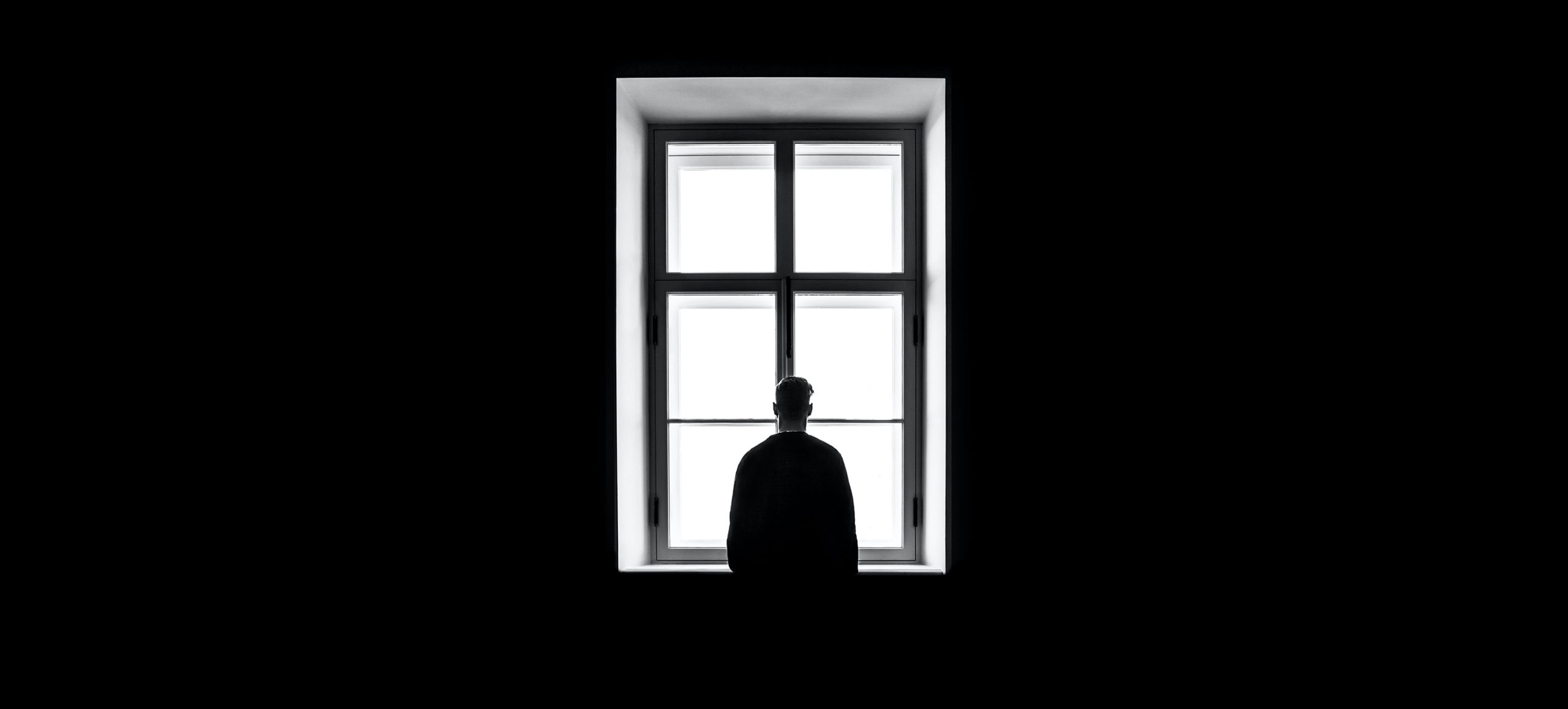
Right now, you could be living the life you’ve always dreamt about.
You could have a healthy and loving relationship, loyal friends and a job that provides for you and your loved ones as well as giving you a sense of purpose and true fulfillment.
How far does this seem from your current reality?
Maybe you’re stuck in a toxic relationship. Stuck in codependency or maybe your relationship is lacking passion and real connection.
Maybe you’re having a hard time connecting with other people. Unable to make friends or maintain any real friendships.
Maybe your job is unfulfilling. Feeling like your efforts aren’t being valued, financially, professionally or personally.
A better life just seems far away.
Let alone a life where you are passionate about what you’re doing. A life where you’re creating a sense of purpose and connecting to your personal power.
All that is standing between you and this better version of yourself are blockages you’ve created over the years. Your irrational fears.
Because of these fears, you’re continually missing out on a number of potentially great opportunities. Your chances at gaining any meaningful relationships and fulfilling life experiences are limited to none.
This doesn’t mean the goal is for you to become 100% fearless.
Fear can be valuable as a protector in helping you stay clear of any potential dangerous situations.
The fears in discussion are not these types of innate rational fears. The fears we are focused on are those inner thoughts that paralyze you. The fear that blocks you from growing and slowly but painfully eats at your confidence. This type of fear can deplete your courage until nothing is left but self-doubt and deep insecurity.
Some common irrational fears are for example:
The fear of being judged by others for your thoughts and actions.
Fear of doing or saying something wrong.
Fear of rejection.
Fear of failure.
Many people design their lives to try and avoid these fears out of a lack of confidence and self esteem. If you’re allowing your life to be dictated by irrational fears, you are undoubtedly settling for a low quality of life experience. This is a roadblock to your path of true potential.
Just imagine: What would your life be like if you would be free from this fear?
What would you do? How would you feel? Like the famous quote by Eleanor Roosevelt, “What could we accomplish if we knew we could not fail?”
To step into your potential and lead a life of truth and self assuredness, you must learn to confront and power through your irrational fears. As clear as it may sound, this requires deep inner work. It cannot be achieved simply by implementing some off the rack affirmations, motivational coaches or forced positive thinking.
Irrational fears are ultimately rooted in low self esteem.
We all carry fear within us but your level of submission to these irrational fears can be measured by your level of self esteem. In turn, as you start to build healthy self esteem, your irrational fears will subside and gradually resolve.
Your self esteem is the foundation for the life you create for yourself. It is your self belief system and determines how you feel about yourself, how you let others treat you and how you navigate life. If you want to make real changes, you need to first focus on building and nurturing a solid foundation. It begins here and as you continue to grow, you continue to rewire your inner self for the better.
In our program “Your Fate is Not Sealed,” we teach you the basics of how to start rewiring your inner self through day to day practices that can be implemented immediately. Through a few easy to do techniques, you’ll begin to see and feel noticeable upgrades to your self esteem and confidence. It’s a strong introduction to the Feel Different system.
If you’d like to go one step further, our program “Self Esteem for the Rest of Us” will teach you the foundational steps toward building a healthy self esteem. This includes core lessons and techniques on how to confront and overcome your fears through simple but effective practices that can be applied to your daily life.
Think about your current life and all of the things you may be passing by because of irrational fear and doubt. It doesn’t have to be this way. It comes down to what you allow and settle for as your reality.
It’s not too late to start making a change.



